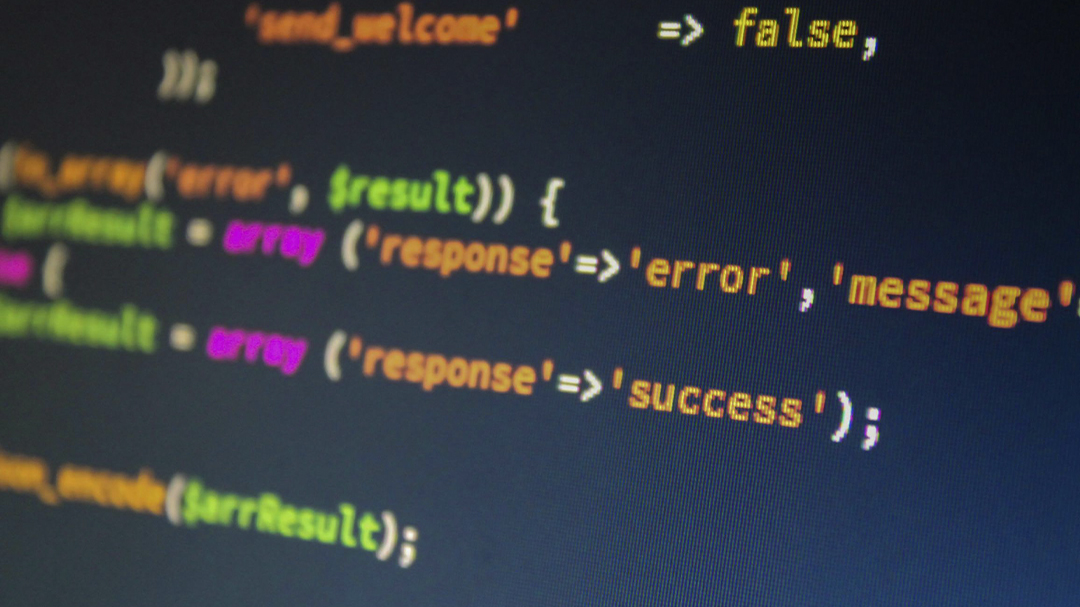
Effective code review is the backbone of successful software development, ensuring that the codebase is not only free of bugs but also adheres to best practices, is maintainable, and contributes to a cohesive team effort. Middle-level developers find themselves at a critical juncture in their careers, where mastering the art of code review is essential for professional growth and the overall success of their projects. In this comprehensive article, we will delve into the intricacies of effective code review, backed by real case studies, detailed examples, and invaluable insights tailored for the middle-level developer.
Understanding the Purpose of Code Review
Effective code review is not just a gatekeeper against bugs; it is a collaborative process that fosters knowledge sharing, ensures adherence to coding standards, and contributes to overall code quality. By understanding the multifaceted purpose of code review, middle-level developers can approach the process with a holistic mindset, leveraging it as a powerful tool for continuous improvement.
Real-world case study: Dive deeper into a specific case study where a meticulous code review uncovered a critical logic flaw that could have led to a severe security vulnerability. Analyze how the collaborative efforts of the team not only fixed the immediate issue but also sparked discussions that resulted in the implementation of additional security measures across the codebase.
Setting the Right Tone
Beyond the technical aspects, the human element in code review is equally crucial. Middle-level developers should strive to create a positive and constructive atmosphere during code reviews, fostering a sense of collaboration and mutual respect. By setting the right tone, the code review process becomes a valuable learning experience for all team members.
Example: Share a detailed example where a developer received feedback that praised their creative solution to a problem but suggested an alternative approach for better maintainability. Explore how this positive tone encouraged the developer to experiment further while keeping the codebase aligned with team standards.
Balancing Speed and Thoroughness
Finding the balance between a speedy code review process and a thorough examination of the code is an ongoing challenge. Middle-level developers must recognize the project’s demands, deadlines, and criticality, adjusting their approach to strike the right equilibrium between speed and depth.
Case study: Unpack a scenario where a project faced tight deadlines, and the team successfully implemented a streamlined code review process. Analyze how this approach ensured quick delivery without compromising on code quality, leading to a successful project completion.
Utilizing Code Review Tools
Code review tools play a pivotal role in enhancing the efficiency and effectiveness of the process. Middle-level developers should familiarize themselves with these tools, leveraging their capabilities to streamline workflows, automate routine checks, and facilitate collaboration.
Example: Explore a specific example where the adoption of a code review tool not only improved the speed of the review process but also enabled developers to provide feedback directly within the code, fostering clearer communication and reducing the chances of misunderstandings.
Learning from Mistakes
Mistakes are inevitable in software development, and code review is a valuable opportunity to identify and rectify them. Middle-level developers should view mistakes not as failures but as learning opportunities that contribute to personal and team growth.
Real case study: Examine a project where a seemingly innocuous coding error was identified during a code review. Delve into the steps taken to address the mistake, including additional training sessions, knowledge-sharing forums, and the implementation of automated checks to prevent similar errors in the future.
Providing Constructive Feedback
The art of delivering constructive feedback is a skill that middle-level developers must cultivate. Feedback should not only highlight areas for improvement but also acknowledge strengths, encouraging a positive and collaborative environment.
Example: Share a detailed example where a developer received feedback that not only pointed out potential improvements in their code but also highlighted the positive aspects of their approach. Explore how this constructive feedback contributed to the developer’s growth and confidence in subsequent projects.
Encouraging Knowledge Sharing
Code review is not just a one-way street; it’s an opportunity for knowledge sharing among team members. Middle-level developers should actively engage in sharing their insights, best practices, and lessons learned during the review process.
Case study: Illustrate a situation where a junior developer, through active participation in code reviews, gained valuable insights into coding standards, design patterns, and performance optimization. Explore how this knowledge sharing elevated the overall skill set of the team and contributed to a more cohesive development environment.
Staying Consistent with Coding Standards
Adhering to coding standards is crucial for consistency, maintainability, and team collaboration. Middle-level developers should champion the cause of coding standards, ensuring that the entire team follows best practices for a unified and efficient codebase.
Example: Narrate an experience where the team successfully implemented a coding standards review process during code reviews. Discuss the positive impact on code maintainability, the reduction of common errors, and how this consistency facilitated a seamless handover between developers, even in complex projects.
The journey to mastering the art of effective code review for middle-level developers is a multifaceted one, encompassing technical acumen, collaborative skills, and a commitment to continuous improvement. By embracing the principles outlined in this comprehensive exploration, middle-level developers can elevate their code review practices, contribute to a culture of excellence within their teams, and propel their professional growth to new heights.


